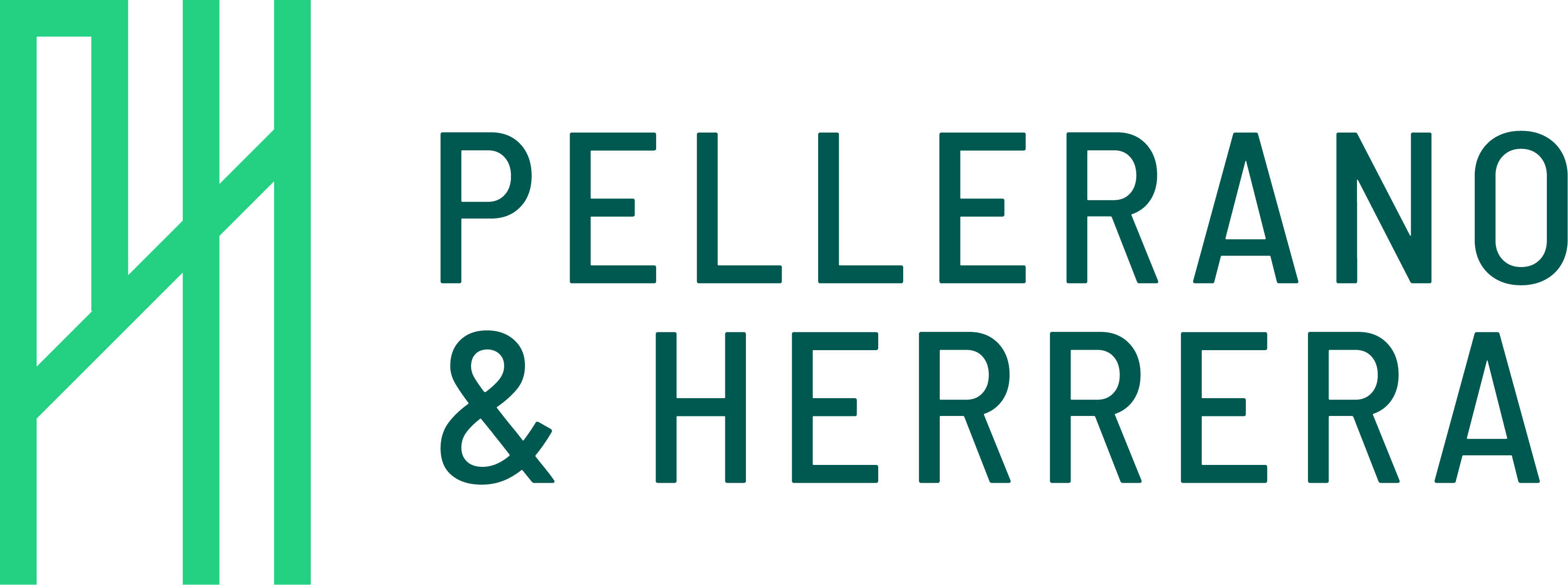Labor rights and obligations for both Dominican and foreign employees
Quite commonly, foreigners working in the Dominican Republic are unaware of their rights and obligations, those which are established in the Dominican Labor Code and are applicable to both Dominicans and foreigners, including those who are laboring in the country without the required legal permit.
Rights
So does this mean that foreigners will benefit from the same rights Dominicans do, although they are working illegally in the country? Surprisingly the answer is yes. Law 285-04 on Immigration establishes all employers must comply with salary payments and compensations to their employees for the time they have been employed, even if they lack an immigration permit.
In the Dominican Republic, employer- employee relationships are regulated by Law 16-92 dated May 29, 1992, which forms part of the Dominican Labor Code (hereinafter: the Labor Code) as well as its regulations. Dominican labor laws apply to all employees regardless of their nationality and they are also entitled to claim their rights at the corresponding Labor Court.
In this sense, the Fourth Principle of the Labor Code establishes that its statements apply without discrimination to Dominicans and foreigners, except for overriding exceptions agreed upon in international agreements.
But, which are those rights established in the Labor Code? How can foreigners and Dominicans claim those rights?
As stated in the Labor Code, all employees will be benefit, among others, from the following basic rights:
· Liberty to join unions;
· Enjoyment of a fair salary;
· Professional training; and,
· Respect of integrity, intimacy and personal dignity.
It is important to mention those rights granted by the Labor Code cannot be contractually renounced or limited. Even when the employee signs a contract waiving to all or part of those rights, such contract will be null and the obligation of the employer of granting the rights listed above will remain.
Labor laws, on the other hand, prohibit all kinds of discrimination at the moment of hiring an employee. This means that employers cannot exclude any personnel for sex motives, age, race, social origin, political opinions, religious beliefs and participation in unions.
Obligations
What obligations do I have as an employee? Amongst the most important obligations an employee must comply with are the following:
· Agree in getting medical exams done at the request of the employer in order to prove the employee is not incapacitated or has a contagious disease that would make it impossible for the employee to fulfill assigned responsibilities;
· Arrive on time to work;
· Comply with preventive or hygienic measures required by competent authorities and those indicated by the employer;
· Communicate to the employer or his representatives their observations in order to avoid any harm caused to the workers or employer;
· Provide the required services or actions in case of mishap or imminent risk to a person or if the property of the employer or a worker is in danger;
· Good behavior and strict discipline during working hours;
· Rigorously keep technical, commercial or manufacturing secrets of the products in whose production they are directly or indirectly involved;
· Keep instruments and equipment given for the job in good condition; and,
· Avoid unnecessary waste in the use of materials and return to the employer those unused.
Expatriates
What happens when a foreign individual who had been working in a foreign company is transferred to the Dominican Republic? What laws, rights and obligations will apply in this case?
In this scenario, foreigners working abroad who are transferred to the Dominican Republic will be considered as an “expatriate”; an individual who is residing temporarily or permanently in a different country from his legal residence. The term “expatriate” is usually used for professionals sent abroad by their companies.
In this sense, the Dominican Labor Code establishes that its regulations will apply to the expatriate employee, since this change will be considered as a transfer between branches belonging to the same group.
As you may notice, our Code refers to the assignment of the employee’s rights when they are being transferred to another company. As a result such transfer, these employees will be also acquiring all labor rights and obligations arising from the labor relationship already established between them and their former employer.
It is important to mention that our Supreme Court of Justice decided local labor laws will be applicable whenever a labor agreement is terminated in the Dominican Republic, even if the labor relationship was initiated overseas, as long as there has been a continuity of said labor relationship.
Furthermore, in the event of concurrence of several legal standards, the most favorable to the worker shall prevail. So, if there is any doubt in the interpretation of the law, the decision will be made in favor of the employee.
Finally, our Labor Code grants the same opportunities to both Dominican and foreigners who work in the Dominican Republic. If an employee considers his rights are being violated by the employer, he has the right attend to the Ministry of Labor in order to request an investigation of the case. If the employer does not respond to the request or reconsiders his stand, the employee will be able to claim before the Labor Court where the corresponding Judge will make the final decision.

